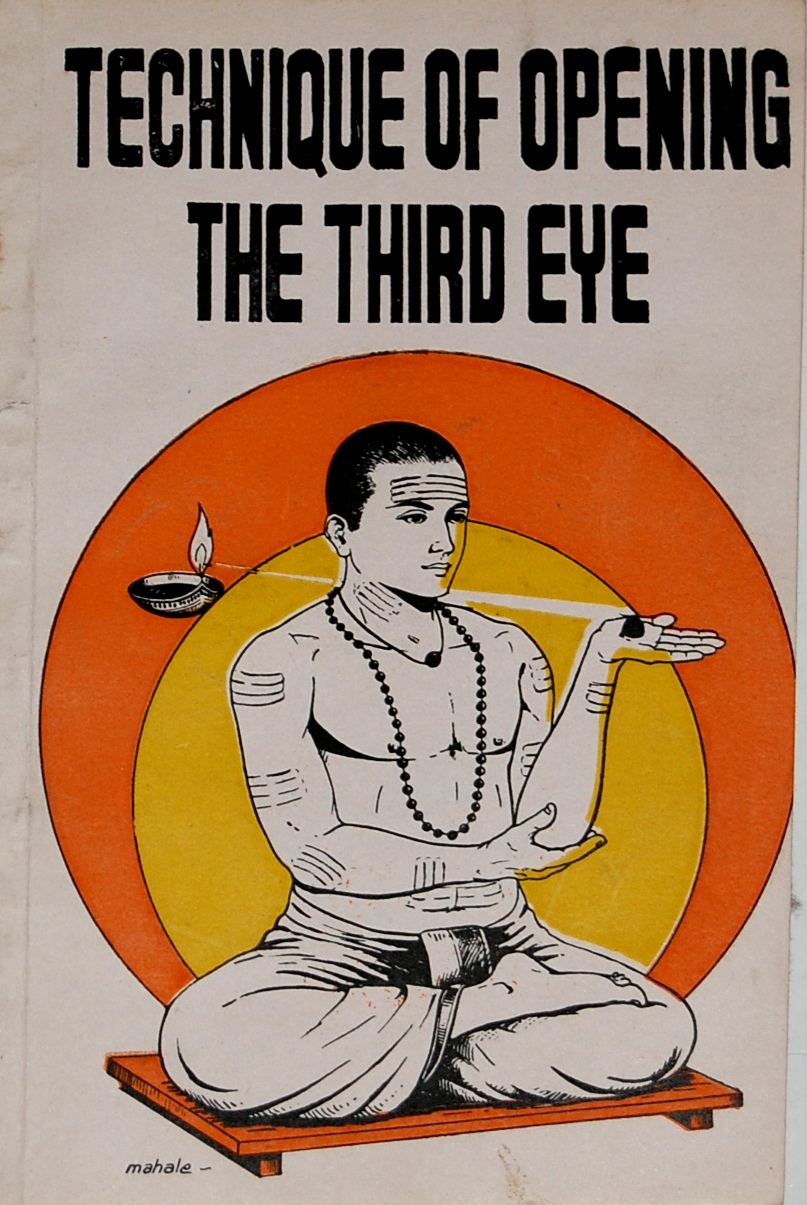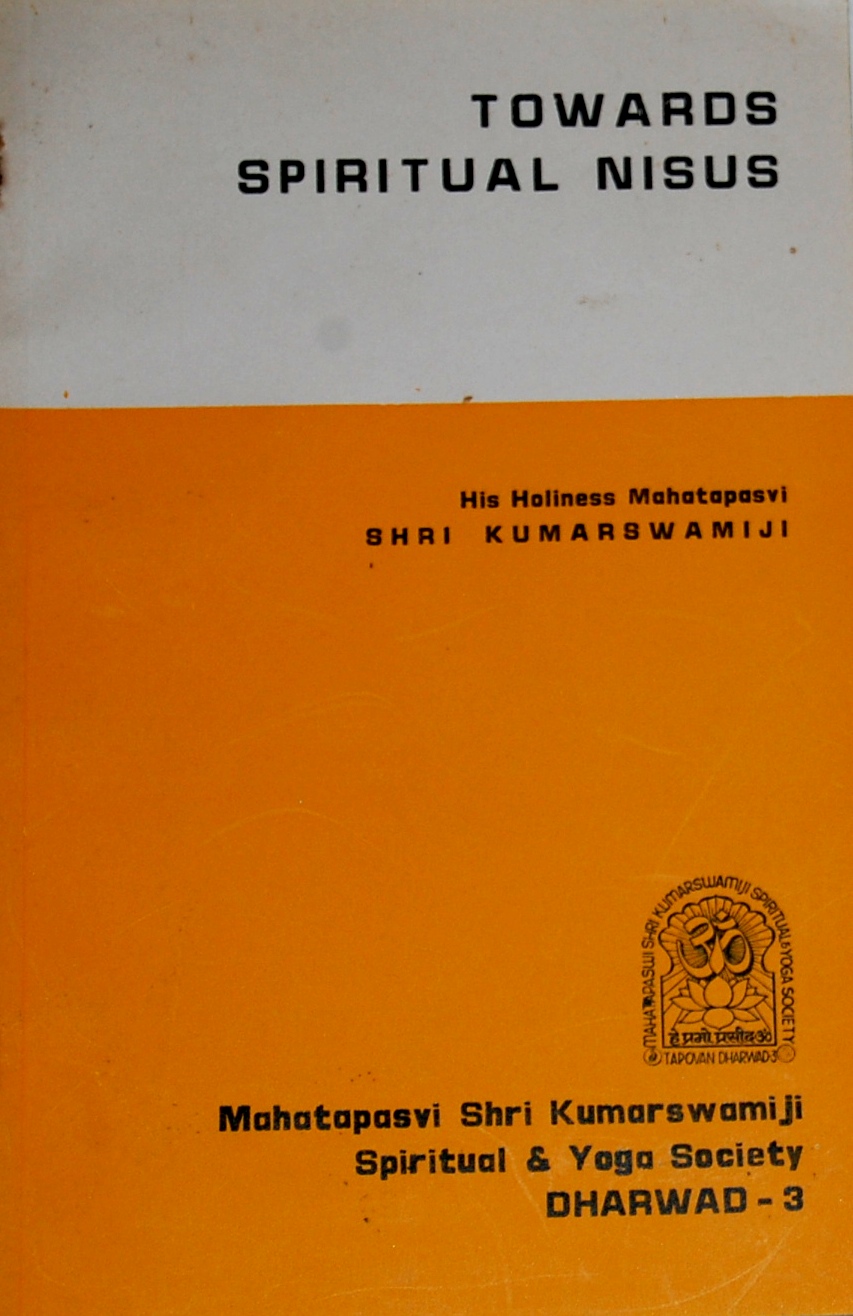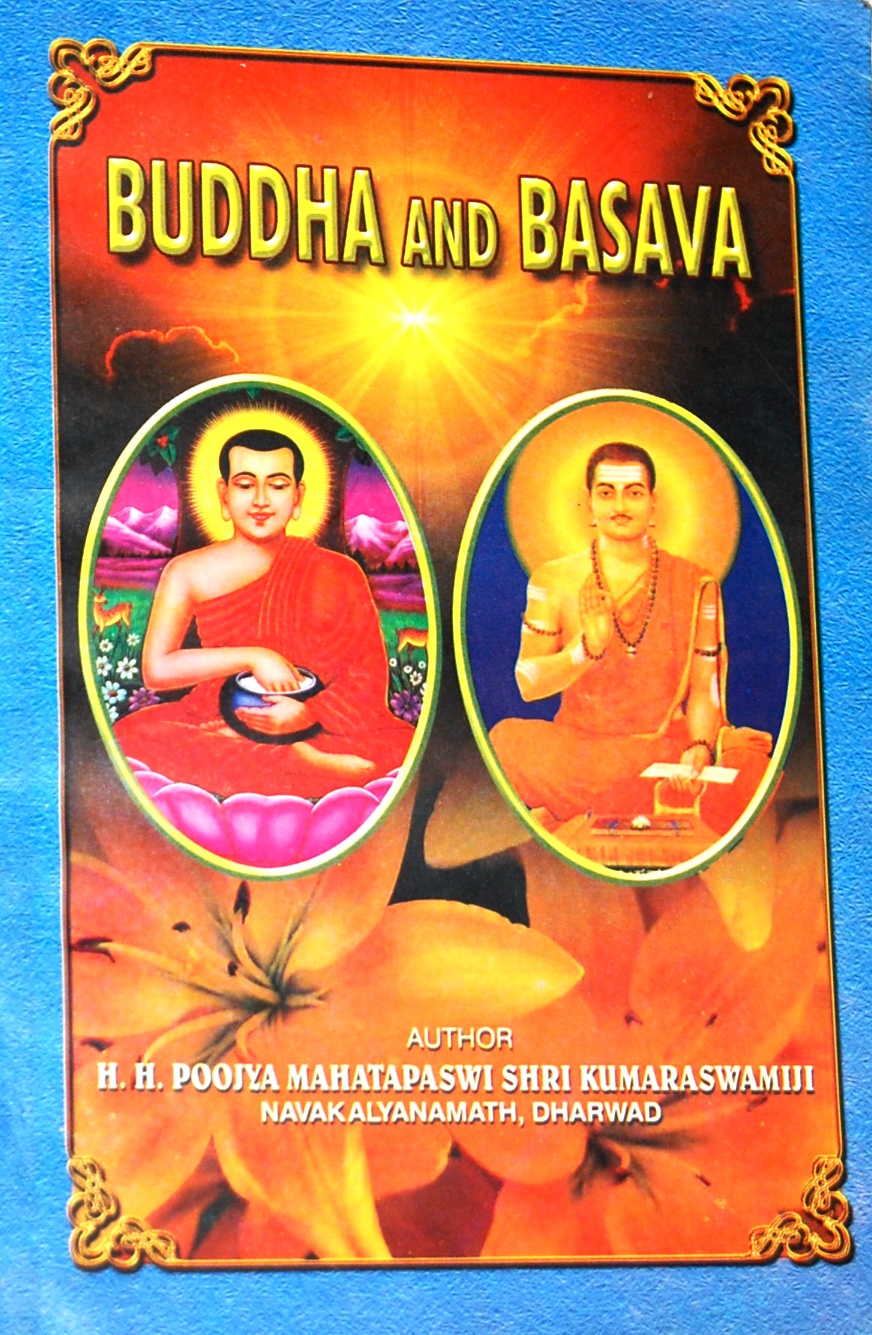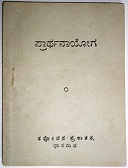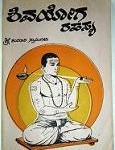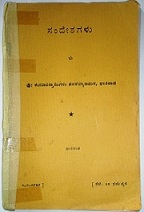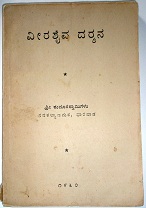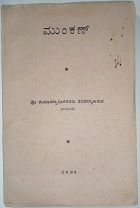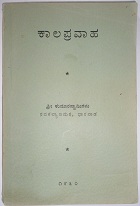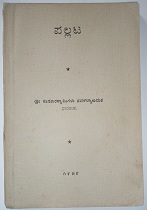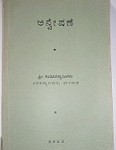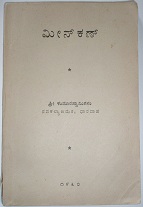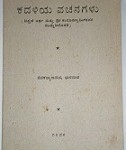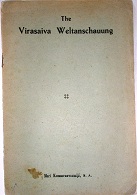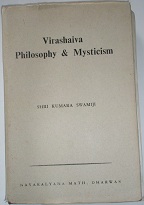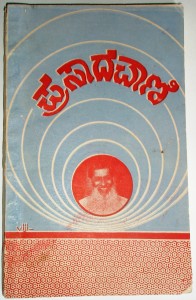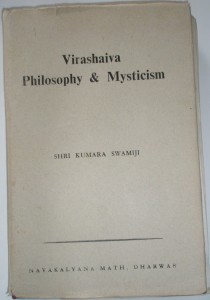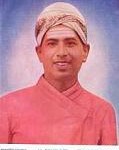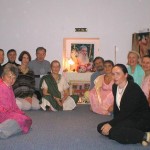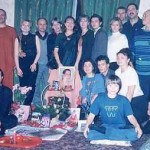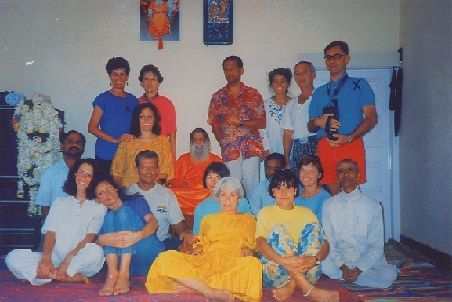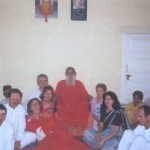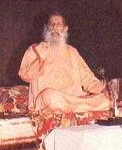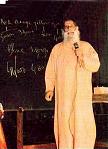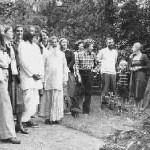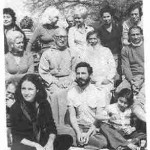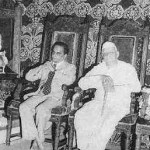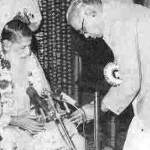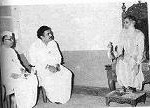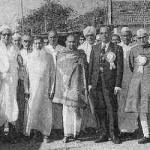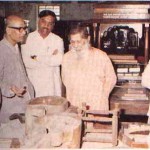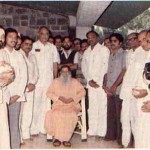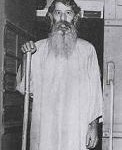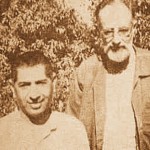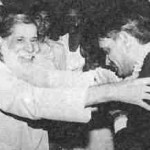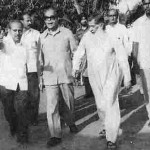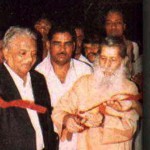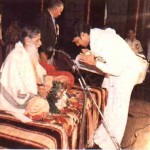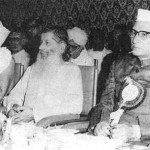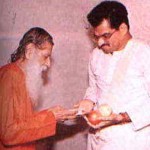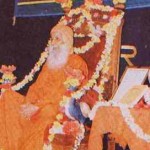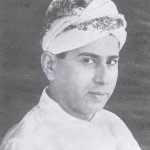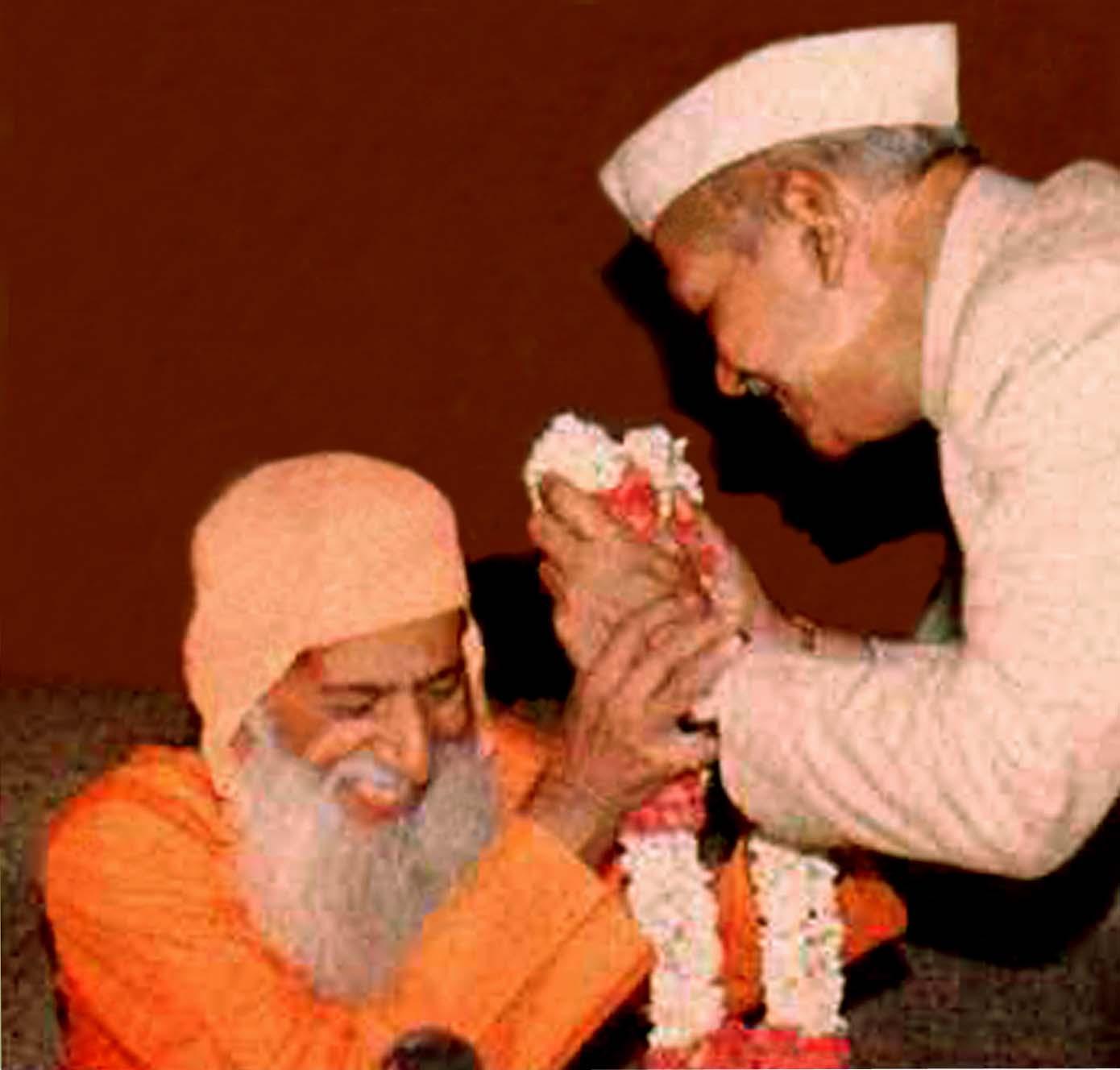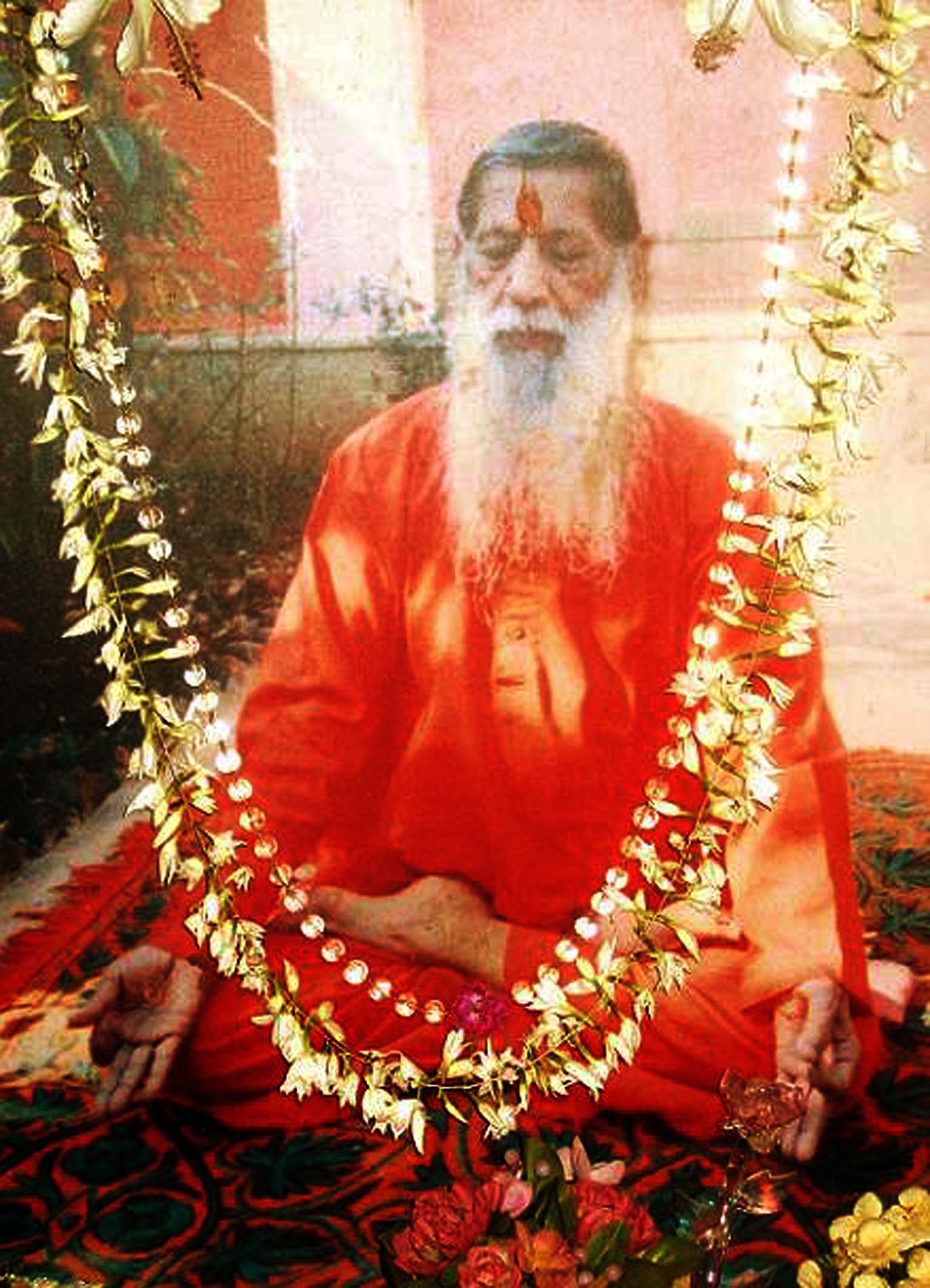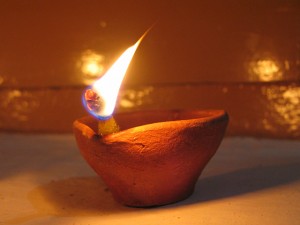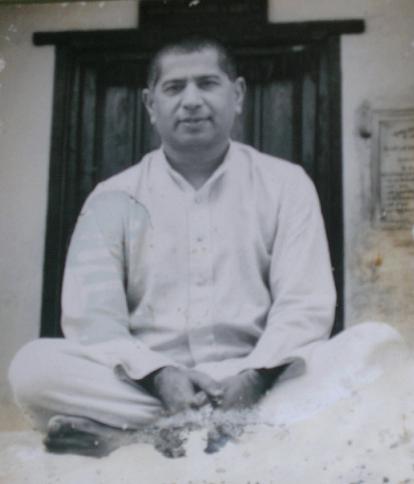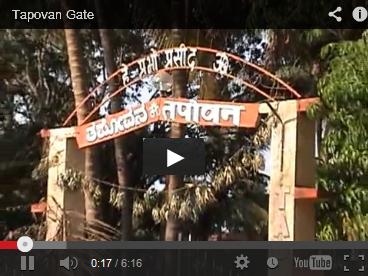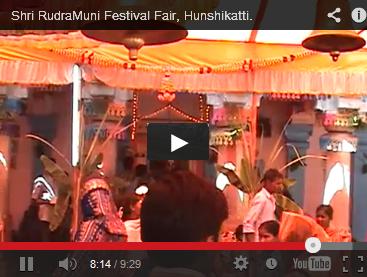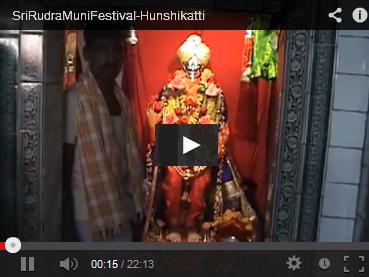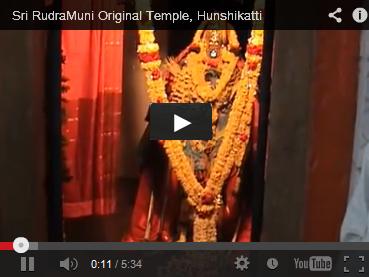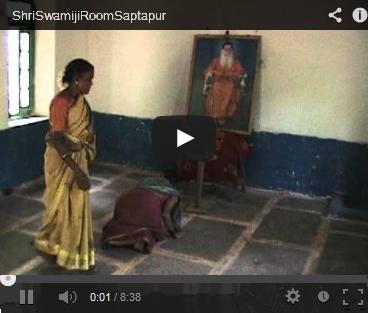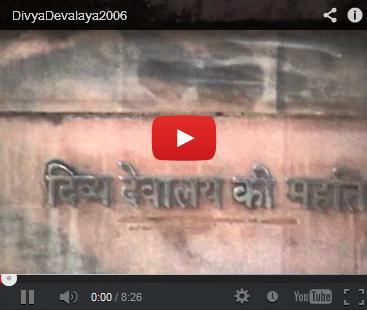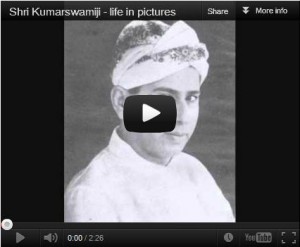The Veerashaiva religion, as professed and practised in Karnatak during the past several centuries forms a significant chapter in the history of Indian culture and finds its sublime significance and importance in the Vachanashastra. No doubt it has absorbed several elements from the Trika, the Shaiva Siddhanta and other Indian schools of thought, but the assimilation of all these elements into an entity that is Veerashaivism is in itself an original achievement. The Astavaranas, the Satsthala, the wearing and worshipping of Linga, the various Veerashaiva rites – all those mark Veerashaivism as an independent religion.
In the twelfth century in Karnatak there was a galaxy of Lingayat Saints, the pre-occupation with whom was to realize God and to remould the individual life and social institutions by that realization. To know, be and possess the Divine Being in the discursive individual consciousness, to convert the illusions of desire into illumination of joy, to transform half-lit mental obscurity into an ordered intuition, to recognize freedom in a group of mechanical necessities, to realize the immortal life in this earthly tenement which is subject to change and mutation, to build peace and the self-existent bliss in a society paralyzed by physical pain and emotional suffering – this was the promise they offered to the posterity.
The number of these Lingayat Saints or Mystics, that is, the Sharanas (Lingayat Saints) ranged from two to three hundred amongst whom there were about sixty women mystics, of whom Akka Mahadevi was the beacon-light. She could stand in comparison with any woman mystic either of India or abroad, but excelled all in point of her astounding asceticism to realize God. Basava and Allama Prabhu were the two distinguished names that shone in the firmament of the Lingayat Faith. It was they who dominated all the other saints and gave a decisive turn to the religious renaissance of the twelfth century. Almost all the saints have sung their realization in different strains and expressed their views and opinions on men and society in varied sayings. The collection of these sayings is known as the Vachana Shastra – the Scripture of the Lingayat Faith.
The sayings of Basava are characterized by the sublimation of elegance, the apotheosis of merit, the transfiguration of grace. But in reading the sayings of Allam Prabhu, we seem to be the spectators of a ‘life-drama’ and on-lookers of a Master Spirit’s progress and development through the stress and stir of the eternal yea and nay. This spirit of detachment and idealism is manifested throughout his sayings whose cryptic expression surpasses in a way that of Carlyle in his Sartor Resortas, Shakespeare in his Sonnets or Tennyson in his In Memoriam.
This article – Sharanas – is taken from H.H.Mahatapasvi Shri Kumarswamiji-s book, ‘Virashaiva Philosophy and Mysticism’.








